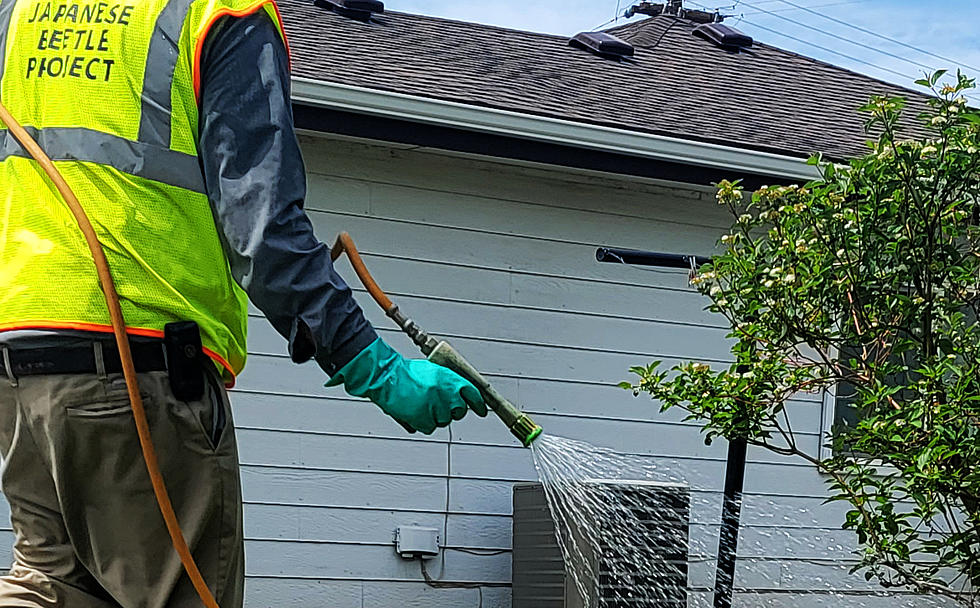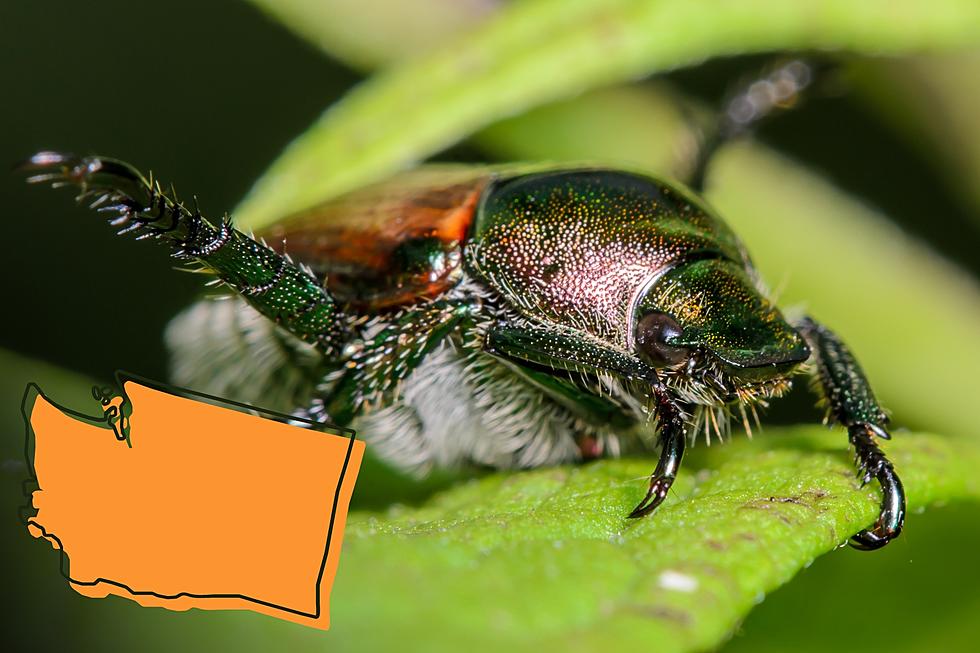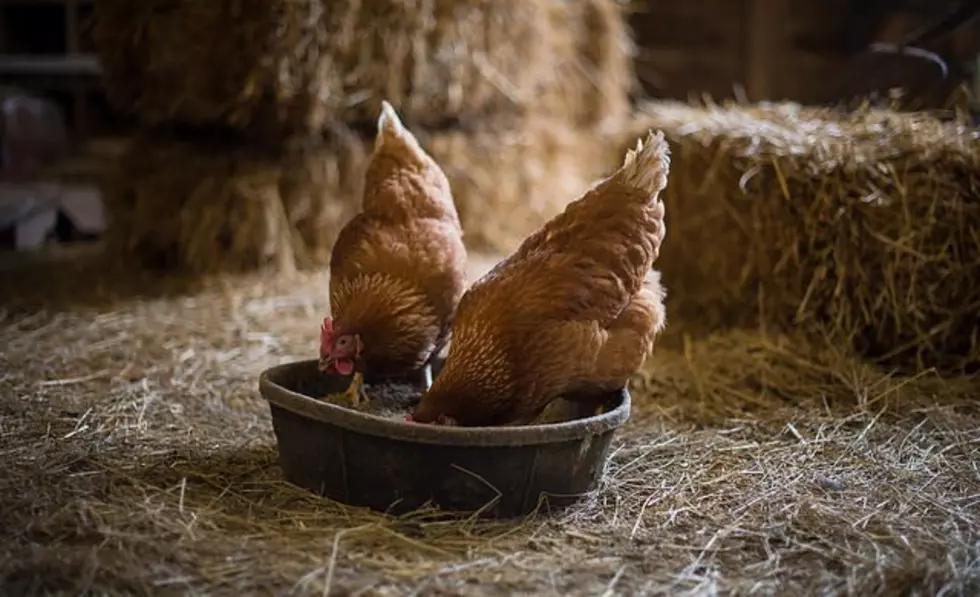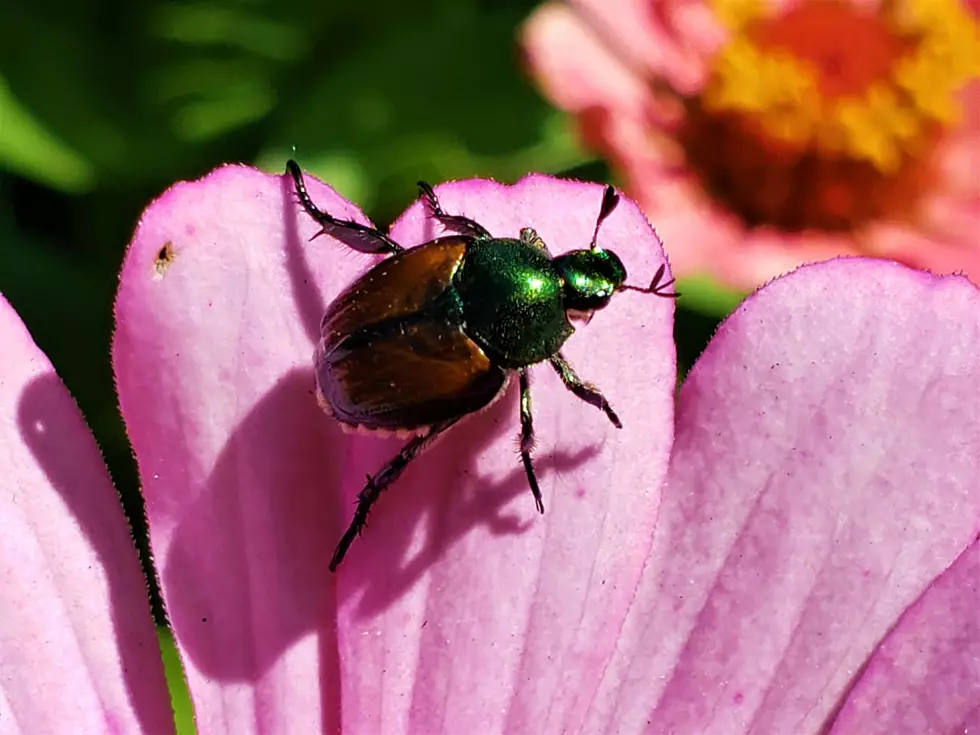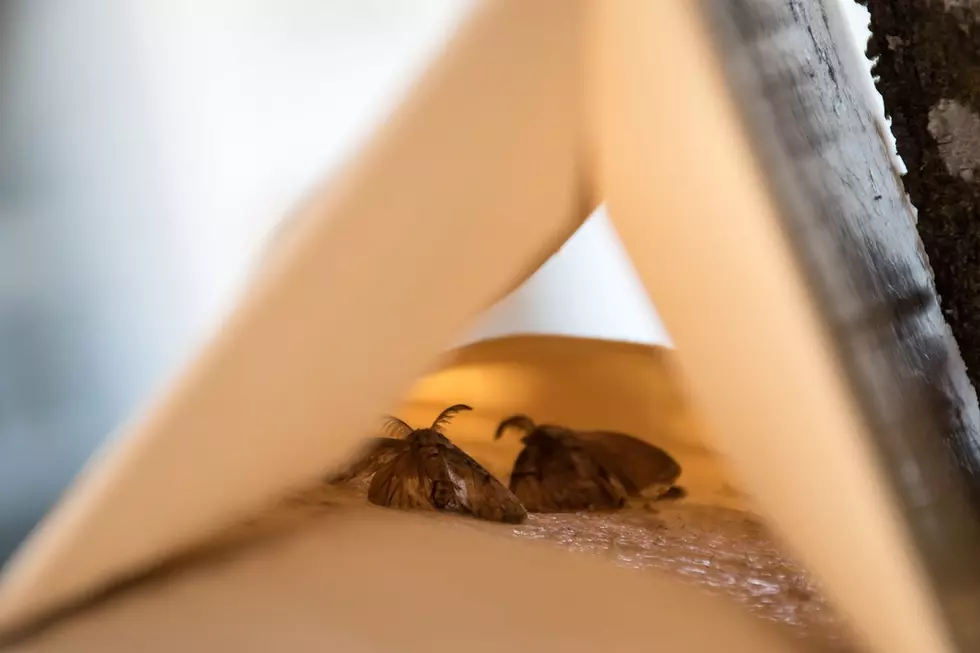
Washington Sees First Substantial Decline in Japanese Beetle Numbers, But Wider Distribution
YAKIMA (press release) – The Washington State Department of Agriculture (WSDA) Pest Program saw its first substantial decline in Japanese beetle numbers after trapping more than 19,000 beetles this summer in Yakima, Benton and Franklin counties. However, the beetles were trapped over a wider area.
Japanese beetles were first detected in Grandview and Sunnyside in 2020 when just two beetles were caught. Mass trapping helped keep the numbers steady at around 24,000 beetles in 2021 and 2022. WSDA was first able to conduct Japanese beetle treatments in 2022. However, the effects of treatments are not seen until the following year, thus WSDA saw the first decline in Japanese beetle catches this year with a total of 19,655 trapped. WSDA conducted another treatment for Japanese beetle this spring and hopes to see a further decline in beetle numbers next year.
Despite increased trapping, continued treatment, and declining overall total beetles, the beetles are being detected further from the “hot spot” in Grandview and in higher numbers. In Wapato, which saw just over 100 beetles in 2022, WSDA trapped more than 1,000 beetles this year. An increasing number of beetles were caught in Sunnyside and Mabton as well as on agricultural land in the area. Five beetles were caught as far away as Pasco.
With the second year of treatment under its belt, a trend of about half of the proposed treatment areas are allowing WSDA to treat their properties for the beetle.
Sven Spichiger, WSDA Pest Program Manager, said. “The community is the solution. We can eradicate this beetle, but only if we all work together.”
Japanese beetles pose a substantial threat to this hop- and grape-growing area in Central Washington. The beetle feeds on over 300 different types of crops, including grapes and hops as well as turf grass, sweet corn, roses, and many other locally grown crops. If the beetles permanently establish in the state, it will result in costly quarantines and limit the ability of growers to move products from the area. Additionally, both homeowners and farmers will be left to pay for managing the beetles on their property.
This fall and winter, WSDA will look at expanding both the quarantine area and the number of target treatment properties.
"Our window for being able to eradicate this pest is closing,” Spichiger said.
Visit agr.wa.gov/beetles to learn more about WSDA’s Japanese beetle project.
10 Ways to Protect Yourself from Washington Mosquitoes
Gallery Credit: AJ Brewster
A to Z of Washington Winter Safety
More From PNW Ag Network


